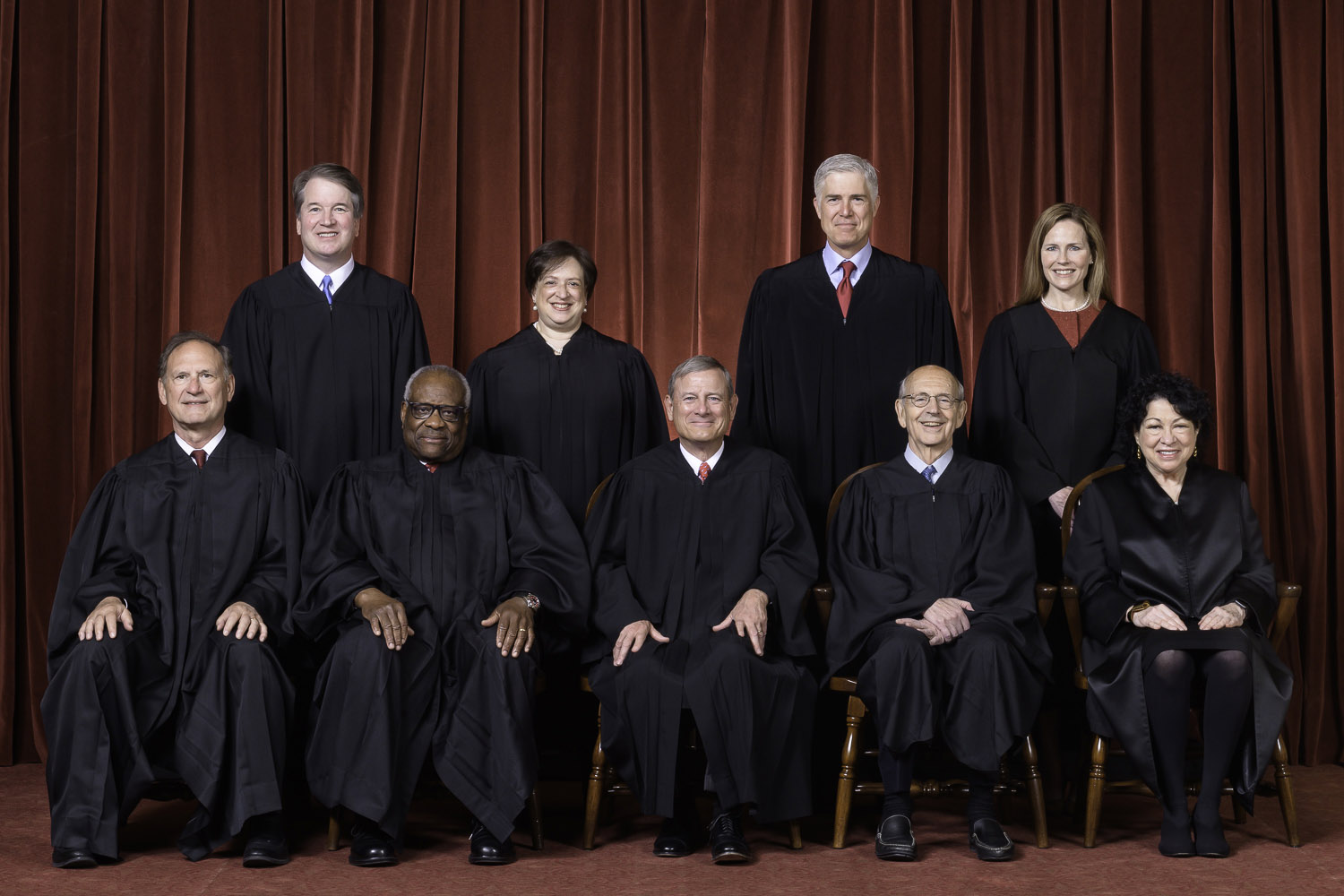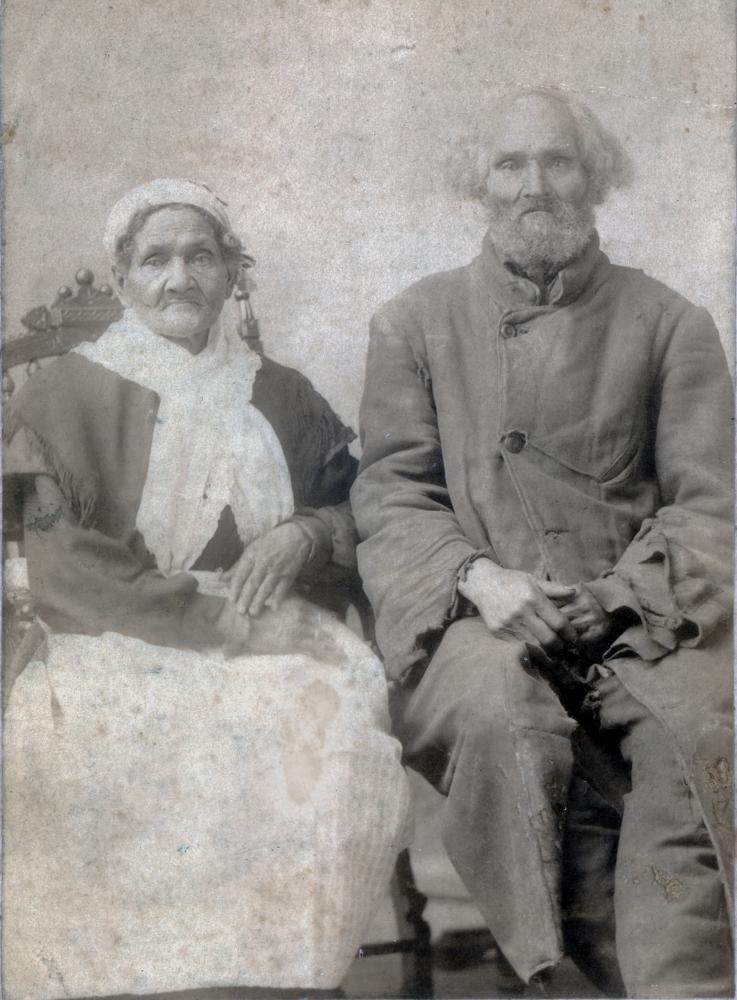Throughout history, we have seen the idea of slavery take place all over the world. We have focused on the most in the United States, especially in the 1800s. Religion played a massive role in how people viewed slavery because during this time most people were very religious no matter what the religion may have been. In Catholicism, we see that they believed in slavery because their religion never specifically said anything negative about it. Since their religion never preached that the idea of slavery was a sin, they saw nothing wrong with the idea and took it as more of a right.
Pro-Slavery: Rachel
Since Catholicism was the main religion in the United States throughout the prime years of slavery, it influenced people’s minds the most. According to Ephesians 6:5-8 Slaves, obey your earthly masters with respect and fear, and with sincerity of heart, just as you would obey Christ. This shows how the Bible easily tells people it is ok and will not be looked down upon by God. For instance, in Maryland, there was a plantation that was bought by a Jesuit priest who used his slaves to spread the word of the Catholic church. The pay that the slaves would receive would go to the building of new churches and new schools. We see here that the Catholic church used the Bible to preach and enforce the idea of slavery.
This photo shows Frank Campbell who was one of the enslaved men on this plantation.
Over the years the Catholic Church has grown and modernized. One big thing that has changed was when the new Catechism of the Catholic Church (teachings of the Roman Catholic church) was published in 1994. This new idea of teachings truly changes the Catholic’s ideas from pro slavery to against it. In the seventh commandment, it states that “you shall not steal”. This meaning that the idea of slavery is an idea of stealing. You steal their identity, because when slaves were employed they were not given names or self-identities. Also, the employers would steal their incomes and use it on themselves because they believed that they should not get paid. Without the changing of the Catechism of the Catholic church, they would still believe that being treated as an object and stealing one's identity is moral because the church does not say anything against it. “No longer slaves but brothers and sisters,” said has said, Pope Francis.
Pictured is the “Catechism of the Catholic Church” which was published in 1994.
https://justiceandpeace.org.au/key-ideas-and-extracts-about-slavery-trafficking/
https://faithmag.com/seventh-commandment-you-shall-not-steal
https://amsterdamnews.com/news/2018/09/18/major-role-catholic-church-played-slavery/
https://news.harvard.edu/gazette/story/2019/01/a-harvard-exhibit-on-slavery-and-christianity/
ANTI-SLAVERY: Lauren
Christianity has so much history to it that it is extremely hard to say, “Yes, the Bible was pro-slavery” or “No, the Bible was anti-slavery.” The correct answer to someone asking what the Bible believed about slavery is that it was both pro and anti-slavery. I will be unpacking the anti-slavery side of Christianity. One thing that most people don’t understand is that when the Bible was written, slavery had a completely different meaning, which is why it is hard to come to a verdict on what side the Bible stood.
Slavery was a completely different concept than it was in the 18th and 19th centuries. The Old Testament talks a lot about slavery. Throughout the O.T., it is clear that slavery existed. In Deuteronomy 27:7 it says: If someone is caught kidnapping a fellow Israelite and treating or selling them as a slave, the kidnapper must die. You must purge the evil from among you. It is evident that slavery was a thing during these times and that people in Israel were struggling. If we take a closer look at Exodus 21, it flat-out condemns the selling and enslavement of people. Although I am supposed to be talking about the anti-slavery side of things, it is not fair to give information about a Bible that supposedly condemns slavery, when there is so much background and history that get to that point.
(Enslavement in Israel)
So what changed? Why was slavery okay back then but now, any Christian would immediately be against it? What people fail to understand is that slavery as spoken about in the Old Testament was not race-based at all. What one will see if they dive deeper into what the Bible says about slavery, is that it is condoned in both the New Testament and the Old Testament, but less in the New Testament. The Bible states that everyone is made in the image of God. The slave and the master are equally human and protected in our one in Christ. So yes, although the Bible is condoning slavery, is a completely different version of the slavery that we know today. What the New Testament explains better, is that the Bible's main goal was spiritual redemption, not social reform.
A lot of times in the Bible, "slavery" refers to being a "slave" to Jesus. "When a stranger sojourns with you in your land, you shall not do him wrong. You shall treat the stranger who is sojourning with you as the native among you, and you shall love him as yourself, for you were strangers in the land of Egypt I am the Lord your God." (Leviticus 19:33-34). One of the reasons people say that the New Testament is more anti-slavery is that it talks more about not submitting yourself to slavery for people other than Jesus. So while the Bible is condemning slavery in a way, it still says that you should be a servant and a slave to Jesus, which is completely different than traditional slavery. In Galatians 3:28, Jesus states, "There is neither Jew nor Greek, there is neither slave nor free, there is no male and female, for you are all one in Jesus Christ." In Ephesians 6:9 Jesus demands, "Masters do the same to them and stop your threatening, knowing that he who is both their master and yours is in heaven and that there is no partiality with him.” In Ephesians 6:5, Jesus demands, "Slaves, obey your earthly masters with fear and trembling, with a sincere heart, as you would Christ.”
To conclude our findings, it is fair to say slavery is equally condemned and condoned throughout the Bible and has completely changed over time. The meaning of slavery in the Bible is nothing like the meaning we know today, which is what people fail to understand. There are many different interpretations of what the Bible actually meant by all of these arguments. Religion has played a vital role in the development of slavery, and the Bible has been a critical tool when analyzing if slavery is ethical.
Sources:
https://www.whatchristianswanttoknow.com/what-does-it-mean-to-be-a-slave-of-christ/
https://www.bibleodyssey.org/en/passages/related-articles/slavery-in-the-new-testament
https://emergencenj.org/blog/2019/01/04/does-the-bible-condone-slavery
https://www.thegospelcoalition.org/article/why-wrong-say-bible-pro-slavery/





